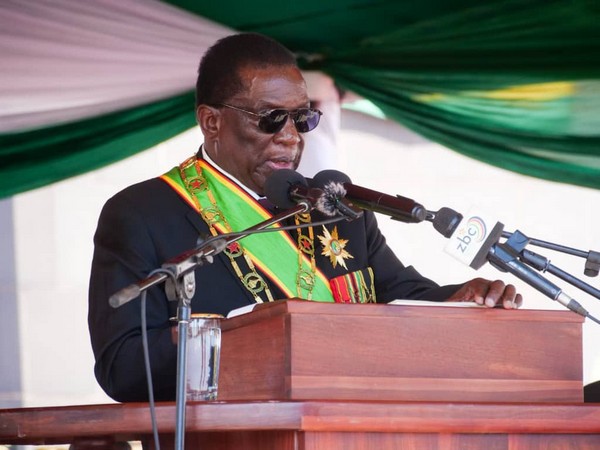Zimbabwe's Presidential Extension: A Controversial Debate
The ruling Zanu-PF party of Zimbabwe intends to extend President Emmerson Mnangagwa's term by two years until 2030. Although Zimbabwe's constitution limits presidential tenure to two terms, the party has floated the idea of scrapping term limits, a move that may involve constitutional changes and public referendums.

The political landscape in Zimbabwe is once again under scrutiny as the ruling Zanu-PF party aims to extend President Emmerson Mnangagwa's term in office by two years, pushing it to 2030. This decision, announced by a party spokesman, has already ignited heated debates across the nation.
Zimbabwe's current constitution, which restricts presidential terms to two five-year periods, would ostensibly require changes to accommodate this extension. However, details on the process remain unclear, fueling speculation about potential constitutional amendments or referendums.
Experts, like constitutional lawyer Welshman Ncube, suggest significant legal hurdles exist, as any alteration in constitutional term limits would traditionally not apply to the current officeholder. The Zimbabwean precedent suggests this has been a pattern in African politics, with numerous countries successfully extending presidential terms since 1990.
(With inputs from agencies.)










